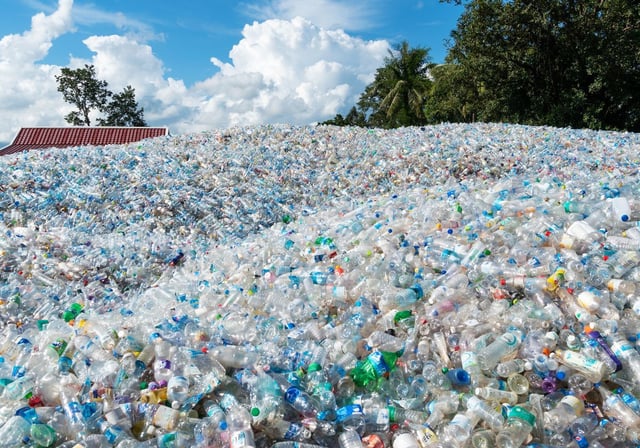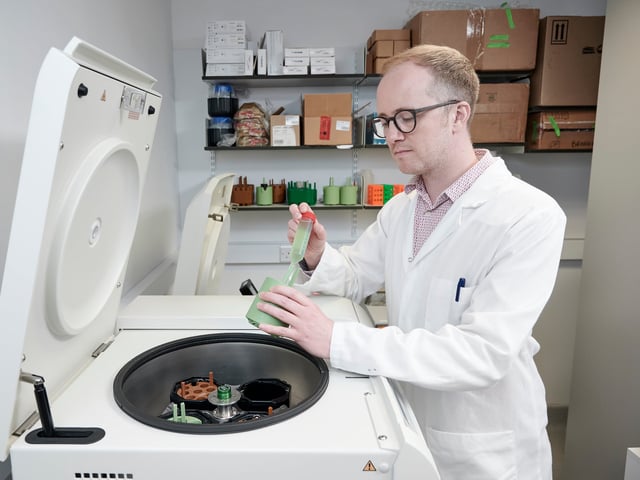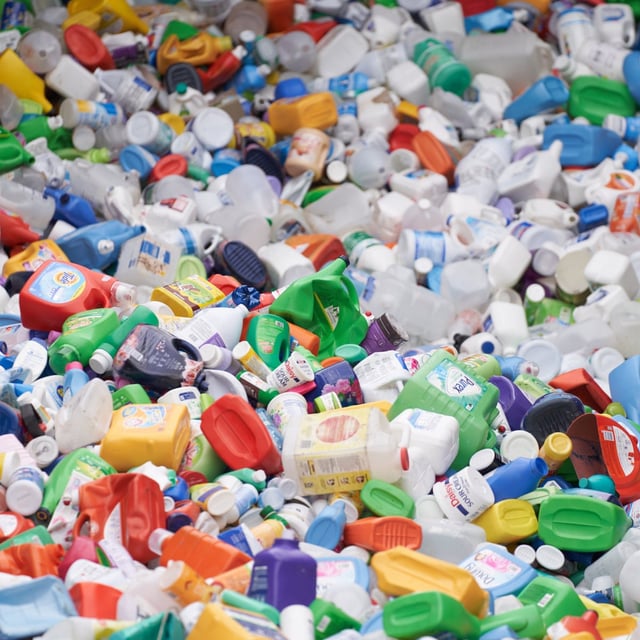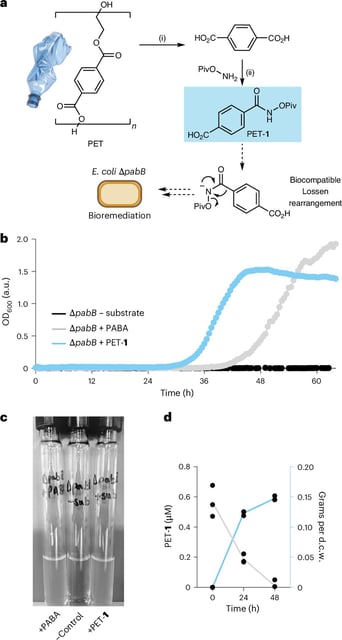Overview
- Researchers at the University of Edinburgh modified E. coli to block its native PABA pathway and force the bacteria to consume PET-derived intermediates
- The engineered microbes converted broken-down plastic waste into paracetamol with yields of up to 92 percent in 48 hours
- A spontaneous Lossen rearrangement catalyzed by intracellular phosphate enabled formation of the PABA intermediate without harming the cells
- The low-emission process offers a sustainable route to paracetamol production and addresses plastic pollution by repurposing PET waste
- Further work is required to optimize plastic depolymerization and microbial fermentation for commercial-scale manufacturing



